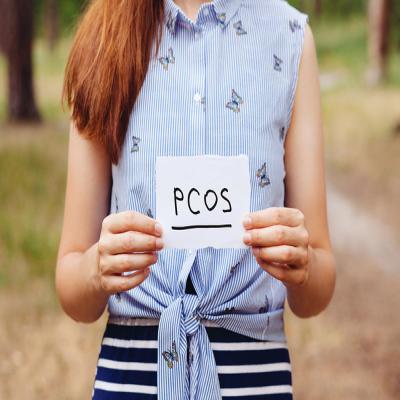Postpartum depression is a serious and often overlooked mental health condition that can affect new mothers. It’s estimated that up to 20% of women experience postpartum depression after giving birth, making it one of the most common complications associated with pregnancy and childbirth. Postpartum depression can have long-lasting effects on both mother and baby if left untreated, so it’s important to understand the symptoms to seek help as soon as possible.
The first step towards understanding postpartum depression is recognizing its signs and symptoms. Common signs include feelings of sadness or emptiness; difficulty bonding with your baby; loss of appetite or overeating; insomnia or excessive sleeping; lack of energy or motivation for daily activities such as taking care of yourself, your home, or your family; feeling overwhelmed by routine tasks like housework/parenting duties/errands, etc.; withdrawing from friends & family members who could provide support during this period; irritability & anger outbursts which are not typical for you; thoughts about harming yourself (or worse). If any combination o these feelings persist over an extended period without relief then seeking gynaecologist help should be considered immediately.
Fortunately, there are many ways to overcome postpartum depression. The primary focus should be on self-care, including getting enough sleep, eating nutritious meals regularly throughout the day, exercising when able (even just going outside for some fresh air helps ) talking openly about how you feel with trusted loved ones & professionals if needed. It's also important to find healthy outlets such as art projects/journaling/yoga classes etc., where stressors can be expressed in a constructive way instead bottling them up inside.
Additionally, therapy sessions may prove helpful depending upon each case – cognitive behavioral therapy has been proven successful at treating PPD effectively through finding triggers behind negative thought patterns while providing coping mechanisms moving forward into better habits overall.
Finally, medication may sometimes need prescribed but only under direct supervision from qualified medical personnel since side effects must always be taken into account prior prescribing any drugs whatsoever.
In conclusion, being aware of all aspects related to postpartum depression will make treatment much more effective even though overcoming this challenge might seem daunting initially - having proper knowledge however will enable anyone facing this issue to take necessary steps towards recovery sooner rather than later!






